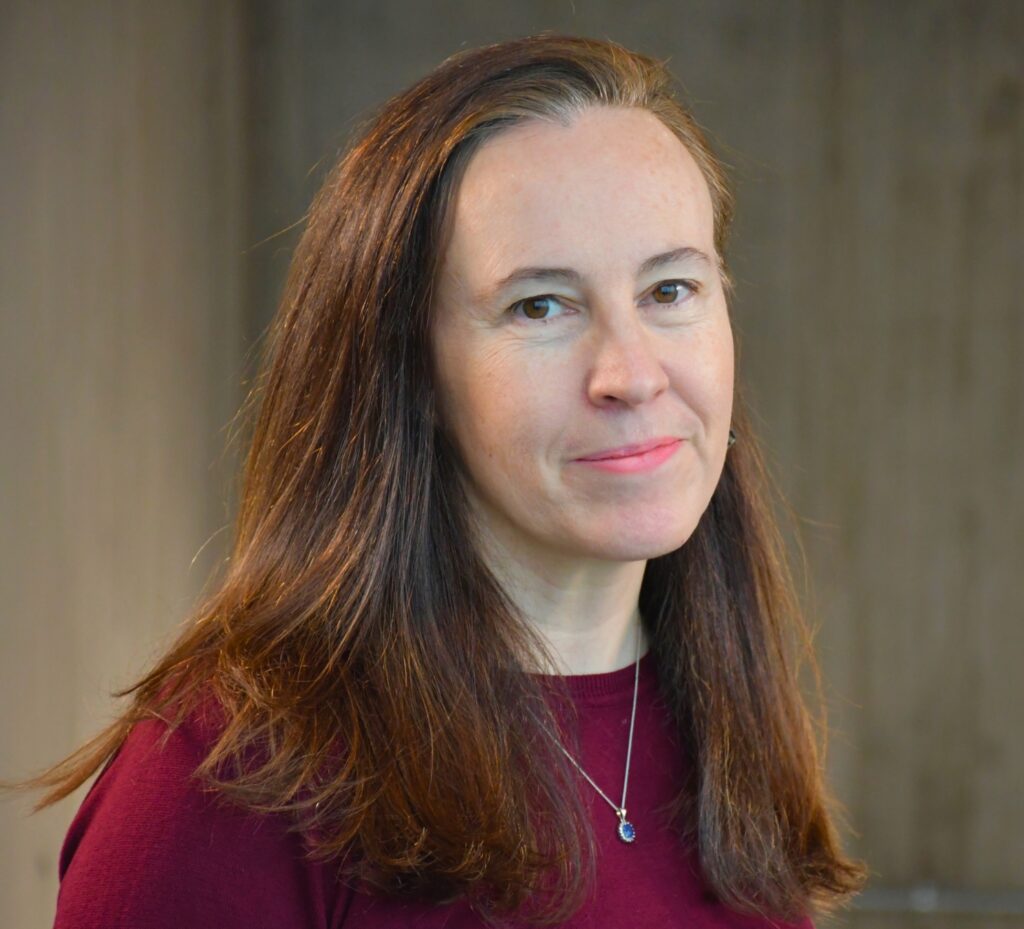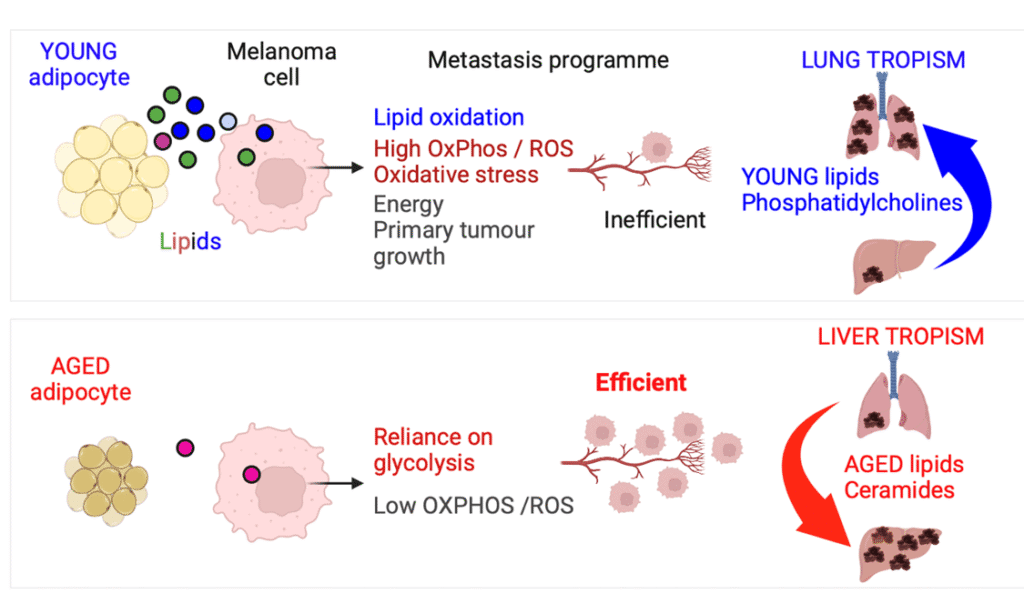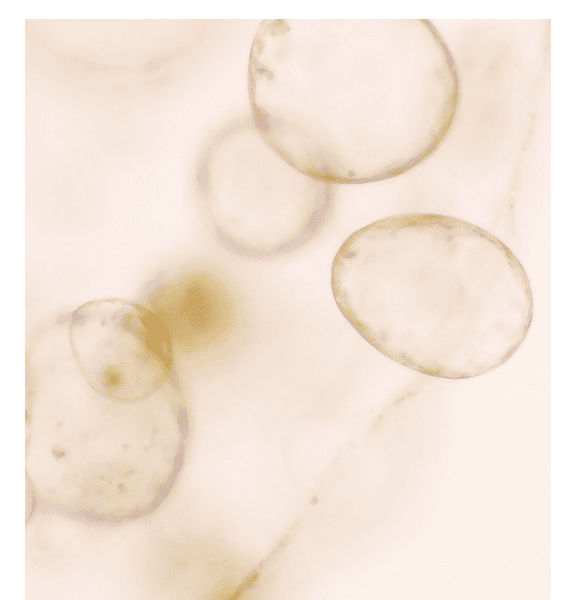Dr Amaya Viros speaks to The Telegraph about her research into skin cancer
Dr Amaya Viros, who leads our Skin Cancer and Ageing group, recently spoke to reporter Helen Renshaw from The Telegraph newspaper as part of a series of articles on the future of skin cancer. The article – “Working towards a skin cancer-free future” – explores how Dr Viros and her team aim to understand and prevent the spread of cancer, and to better understand how and why this spreading of cancer works differently in different people.

The Skin Cancer and Ageing Group aim to understand the process by which melanoma metastasises to solid organs, how melanoma adapts to new environments and how new sites impact the response to therapy. They aim to find vulnerabilities during the metastatic process that can be targeted with therapies to change patient outcomes, reducing the risk of relapses, developing personalised approaches to melanoma treatment that consider the whole person, not just the tumour.
In the interview, Dr Viros discusses work from a recent publication from her lab, where the first author was former PhD student Dr Shilpa Gurung, who did many of the experiments using advanced lab techniques to study how melanoma spread is fueled by lipids released from surrounding cells.
Our work shows that melanoma cells in a lipid-rich environment use these fat molecules to fuel growth,” says Dr Viros. “They steal lipids from healthy tissue in the ‘soil’, and use them to provide energy and promote metastasis to specific organs.
Dr Viros explains that the picture is complicated, because lipids change as we age, and can have opposing effects on cancer spread, so that lipids in younger skin make the spread of melanoma less likely, while some lipids in aged skin can increase the rapid spread of melanoma.
Our data show that we can target lipid signals inside melanoma cells to stop the spread to distant organs and develop different strategies for both younger and older patients.
Parts of this article were adapted from an original piece published by Telegraph Media Group. It has been modified for publication on our platform. To read the original version, please visit: https://www.telegraph.co.uk/science/cancer-research-uk/future-treatments/
“Cancer cells do not go to new organs randomly – they’re influenced by the cancer type and patient characteristics like age and gender.”
Dr Amaya Viros
Group Leader, Skin Cancer and Ageing Group
Cancer metastasis is deeply influenced by the host’s biology. Cancer interacts dynamically with the host’s immune system, metabolism, and microenvironment, including surrounding tissues, blood vessels, and extracellular components. Host factors such as age, sex, diet, genetics and comorbidities shape tumour progression, response to therapy, and metastatic patterns. The group’s research looks to understand how host-specific factors and site-specific cues drive melanoma progression and therapeutic outcomes.

“My lab in Manchester is brimming with enthusiastic, energetic and committed scientists. My aim is to see annual deaths due to melanoma reach zero in my lifetime.”
Dr Amaya Viros
Group Leader, Skin Cancer and Ageing Group
Our vision for world leading cancer research in the heart of Manchester
We are a leading cancer research institute within The University of Manchester, spanning the whole spectrum of cancer research – from investigating the molecular and cellular basis of cancer, to translational research and the development of therapeutics.
Our collaborations
Bringing together internationally renowned scientists and clinicians
Scientific Advisory Board
Supported by an international Scientific Advisory Board




